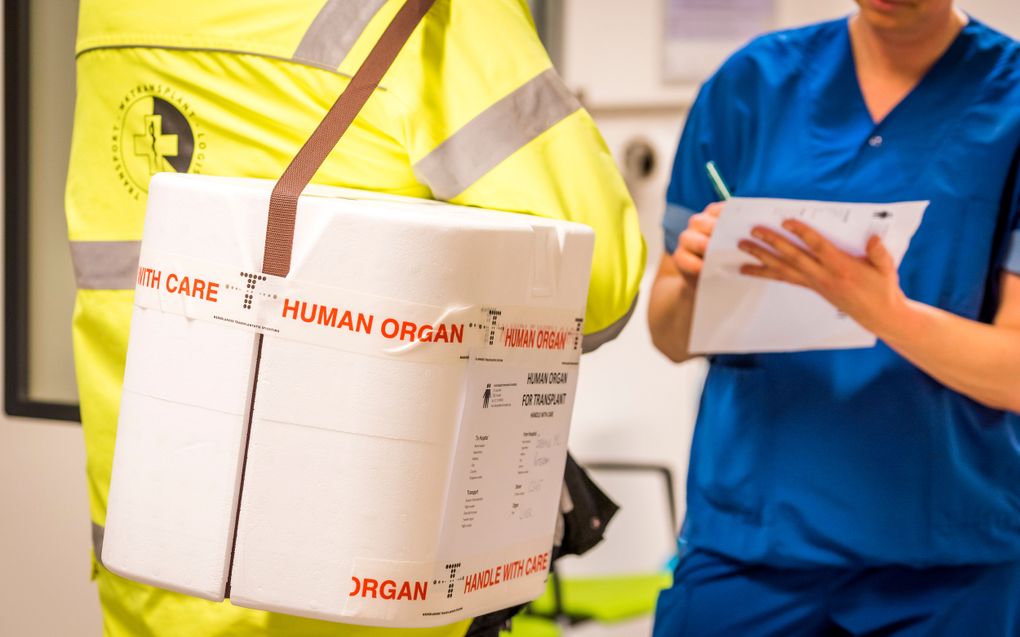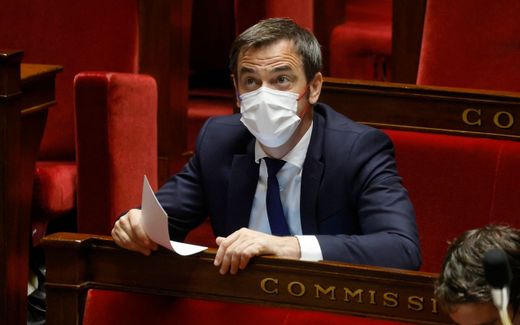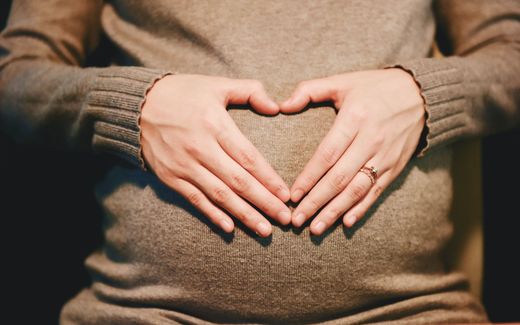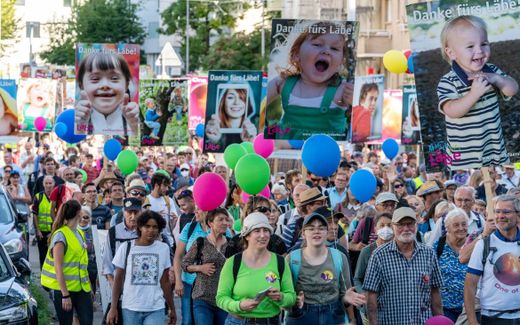Swiss Christians concerned over new organ donor law

Organ transport in the Netherlands. Photo ANP, Lex van Lieshout
Central Europe
Should a deceased person automatically become an organ donor? That is the question on which the Swiss will be able to vote. A non-partisan no-committee has collected enough signatures for a referendum. Among the critics are experts and churches.
To organise a referendum, you need more than 50,000 signatures. The critics collected more than 64,000 of them. Likely, the proposal will be voted upon on May 15th, 2022. This writes the Christian Swiss news portal Reformiert.
Currently, in Switzerland, organs can only be removed from a person who has died in hospital if the deceased consented to the donation during their lifetime. If there is no expression of will, the relatives must decide.
The planned solution wants everyone to become an organ donor automatically. Anyone who does not wish to do this would have to say no explicitly, or relatives would have to provide credible reasons for a refusal.
However, critics say this is a “system change” that must be prevented. They have two main arguments, according to Reformiert. First, there is no evidence that the number of organ donors increases if the deceased become organ donors more or less automatically in the future. Second, the planned new regulation violates the right to the integrity of one’s own body “fundamentally”.
Immature
The clergy is also critical of the plan. “I think that’s immature”, says Susanna Meyer Kunz, Evangelical-Reformed pastor and head of the Reformed hospital pastoral care at the University Hospital in Zurich. In her experience, many patients do not decide whether they want to donate organs or not before they die. The fact that they would automatically become organ donors in the future could be a burden, especially for the bereaved. “It is a more difficult situation for relatives to have to decide against an organ donation explicitly. It would be better if the donor gave their explicit consent before death,” says Meyer Kunz to Reformiert.

The Reformed pastor Barbara Oberholzer has many years of experience in hospital pastoral care. “I can live with the extended objection solution”, she says. “When in doubt, the relatives refuse to have the organ removed, and that is completely understandable”, she says.
Barbara Oberholzer finds organ donation “as an act of solidarity” correct. She has decided to donate an organ. “I feel a great deal of gratitude towards the donors of practically all transplant recipients”, says Oberholzer. But there are also organ recipients who have scruples because hoping for one organ means hoping for the death of another. “It was helpful to know that organ donation had been voluntary until now and that it was the express wish of the donors”, says Oberholzer.
Anti-liberal
The theologian and ethicist Michael Coors has a clearly negative attitude towards the extended contradiction solution. He is surprised that such an “anti-liberal solution” was so well received in Parliament without much social discussion. “I think it’s very problematic that people are declared organ donors if their relatives don’t intervene.”
The Swiss Evangelical Reformed Church (EKS) is also against the automatic transfer of organs. In a statement on December 4th, 2019, the EKS states that an organ not only has a function but is part of an inseparable spiritual, mental and physical unit. Man does not own his body, but this is a gift. That’s why you can’t just sell it or give it away. In the Judeo-Christian tradition, “reverence for life” applies.
Security and clarity
On the other hand, Franz Immer, director of Swisstransplant and cardiologist, is convinced of the extended objection solution. He sees the new regulation not as a burden for the relatives but as a relief. The system change towards the opt-out solution calls for those around 20 per cent of the population in particular who do not want organ donation to speak out. “This creates security and clarity,” says Immer. According to Immer, Switzerland has one of the highest rejection rates in Europe at around 55 per cent. In the neighbouring countries of Italy, Austria and France, this is 20 per cent. With the new regulation, Switzerland could catch up with these countries.
Netherlands
In 2020, a similar plan became law in the Netherlands. Everyone in the Netherlands aged 18 or older is registered in the Donor Register except when they explicitly do not want to donate their organs.
Although there is no data available yet whether the shortage of donors has become less, according to the Dutch government, more than 4,6 million extra donors are willing to donate their organs.
Related Articles






